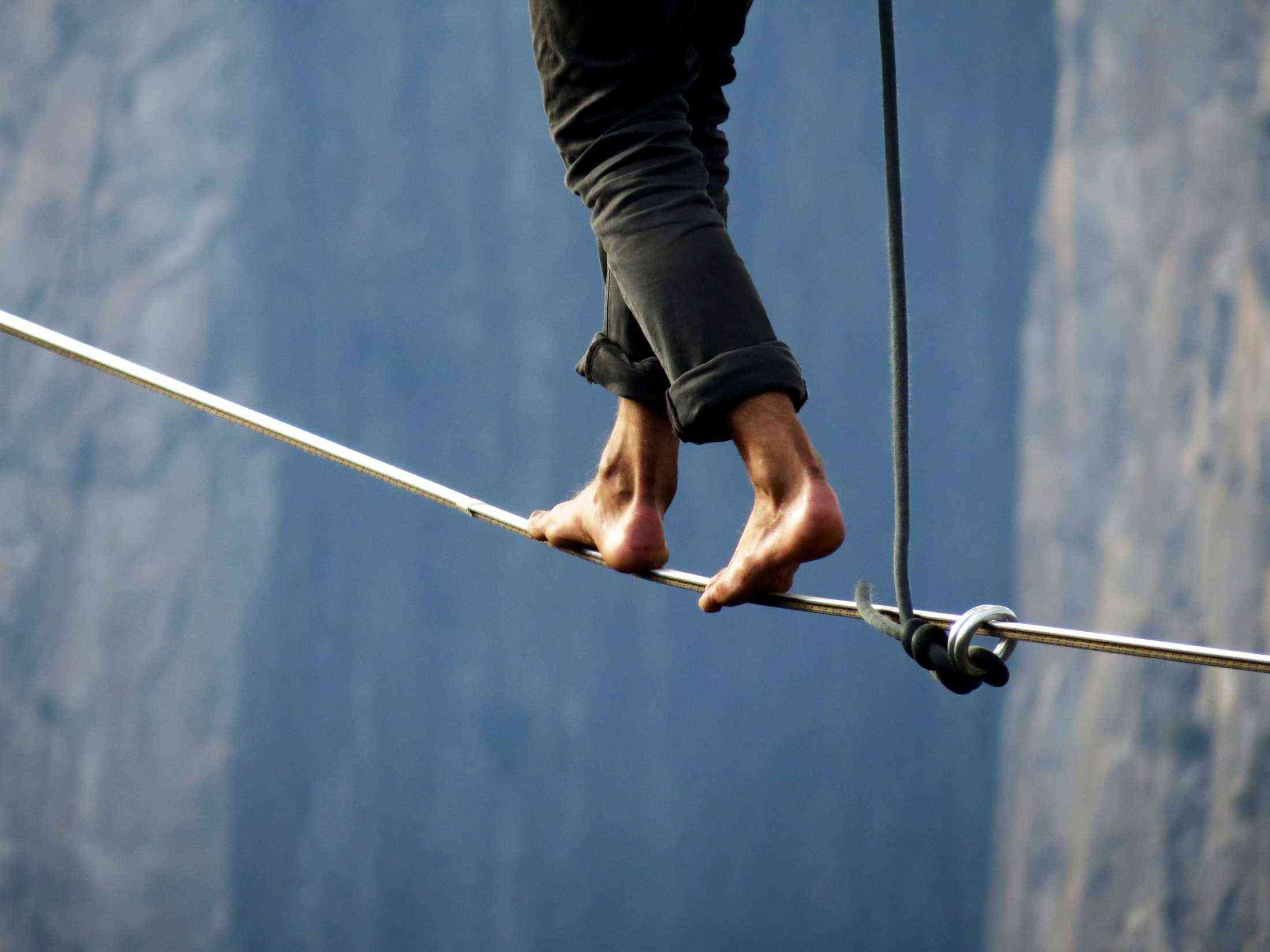
We were told not to question God and so we stopped questioning the men who claimed to speak for Him.
We were taught that obedience was holiness, that silence was humility, and that curiosity was rebellion.
Somewhere between faith and fear, we lost the courage to think.
Belief was never meant to enslave the human mind. At its best, faith liberates, heals, and connects us to something greater than ourselves.
But when belief becomes blind loyalty, it stops being divine and becomes dangerous.
There is a thin, trembling line between believing and being brainwashed.
One leads you to understanding; the other demands that you surrender your will in the name of holiness.
In many modern churches, the gospel has been replaced by performance.
- Drum, percussion define Yenge Family
- Epworth eyes town status
- GCC grinding to a halt
- Courtois prepared for penalties
Keep Reading
Charisma has become currency, and fear the tool of persuasion.
Many believers mistake emotional excitement for spiritual awakening and manipulation for prophecy.
We have built sanctuaries of spectacle instead of sanctuaries of truth. We no longer seek God; we seek those who claim to own Him.
Our story as Africans cannot be told without acknowledging the spiritual colonisation that came disguised as salvation.
The Bible was introduced with love, but often wielded with control.
We were told that our ancestors were demons, that our languages were unholy, and that our names offended heaven.
Verses were quoted to justify conquest, telling us to obey our masters, to turn the other cheek, and to store our treasures in heaven while others stored theirs in our land.
And so we learned to fear the God who once walked among us in nature, in song, in fire, and in the quiet wisdom of elders.
We forgot Mwari, Nkulunkulu, Umvelinqangi — the Great Spirit who was never foreign, never absent, never white.
We forgot that the sacred was already here. They conquered our bodies with guns and our minds with verses.
Today, manipulation wears a suit and carries a microphone. Faith has become a brand and the pulpit a stage.
The holy water costs money, the miracles require seed offerings, and the people are kept dependent, always waiting for the next prophecy, the next sign, the next emotional high.
Fake prophets take advantage of gullible and desperate Africans through manipulation and fear.
Politricks and gimmicks are now normalized for the benefit of a few greedy individuals living pompous lives at the expense of the poor and suffering congregants.
In the name of God, empires are built on the backs of believers who only wanted hope.
Brainwashing hides behind phrases like touch not the anointed or never question your pastor.
But faith that cannot survive a question is not faith; it is control.
True spirituality invites introspection, not intimidation. It gives room for silence, thought, and honest wrestling with doubt.
Jesus himself challenged the religious elites of his time. He healed on the Sabbath, overturned tables, and questioned hypocrisy.
He did not demand blind followers; he called for conscious disciples.
So why are modern believers discouraged from thinking? When the pulpit becomes a stage, salvation becomes a show.
The most radical act of faith today is to think, to question what you are told and to seek God for yourself.
The Creator does not fear your curiosity; He gave you a mind so you could know Him deeper, not just follow louder.
Belief that liberates is belief that enlightens.
It helps you love, serve, and grow. It awakens the God within — that spark of divinity that whispers truth even when voices around you shout lies.
The purpose of faith is not to silence thought but to give it direction. God does not hide behind religious titles; He lives in the quiet spaces of sincerity.
Every act of kindness, every moment of awareness, every decision born of love — that is true worship. To believe is to awaken.
To be brainwashed is to sleep while thinking you are praying.
As Africans reclaim their spiritual consciousness, we must separate imported fear from inherited faith.
We must return to the divine essence that once guided our ancestors, a spirituality rooted in reverence, not intimidation, in community, not competition.
Faith should never reduce you; it should raise you.
The measure of true belief is freedom, freedom to love, to think, to grow, and to live in truth.
I refuse to be a slave in the house of my father. I will think, question, and seek, for the voice of God is not always loud. Sometimes it whispers through the mind He gave me.










